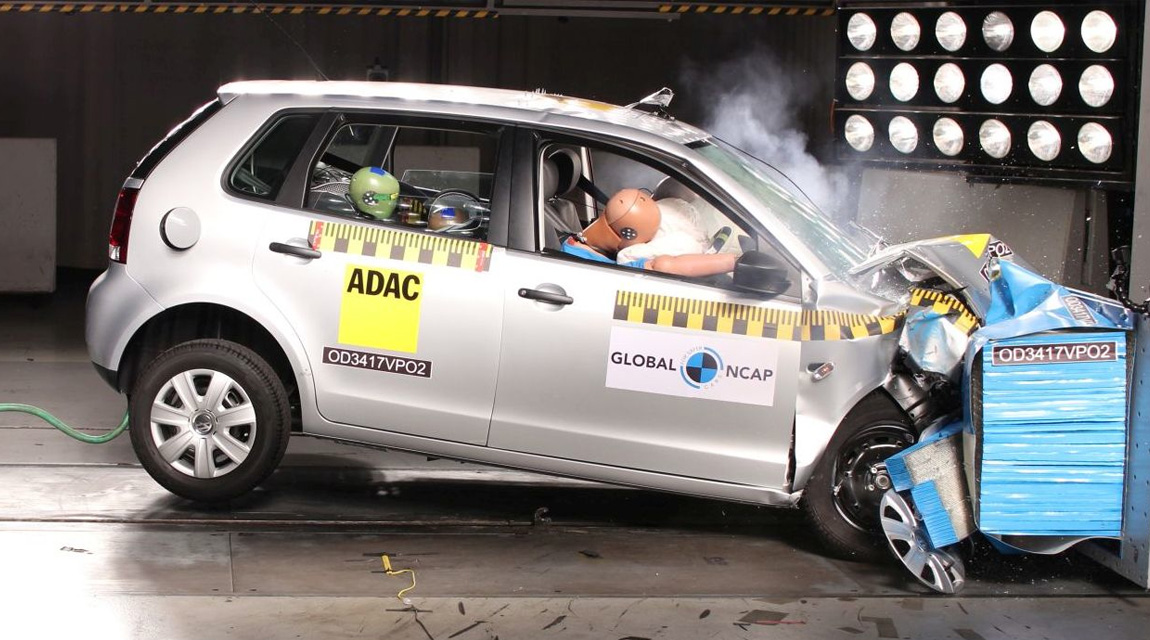Looking for Africa’s safest car

It’s encouraging that there is an increasing emphasis on vehicle safety in developing markets such as India and Africa.
In November 2017 the first-ever independent crash-test results for cars sold in Africa were released by Global NCAP at a conference in Cape Town, hosted together with the Automobile Association of South Africa (AA).
Now, following the announcement of the Safer Choice India Award at the Delhi motor show, Global NCAP is launching the Safer Choice Africa Award to encourage automakers to achieve the highest levels of safety performance.
To encourage manufacturers to quickly improve the safety levels of cars sold in the region, Global NCAP is looking to bestow the prestigious accolade of Africa’s first five-star car through the Safer Choice Africa Award.
David Ward, Global NCAP secretary general, says: “Our Safer Choice India Award was welcomed by manufacturers and consumers alike. Now we would like to encourage the African automobile market to respond to the call for zero-star cars to be driven off Africa’s roads, and we look forward to the first automaker in Africa that will achieve the five-star Safer Choice Africa Award.”
Collins Khumalo, CEO of the AA, concurs: “This Award will be a unique opportunity for car manufactures and importers in Africa to highlight and market their commitment to vehicle and road safety on the continent.
“It will also allow them to differentiate themselves by making safer cars available to consumers. We are thrilled to partner with Global NCAP on this important Award and believe it is a critical step towards achieving our goals of making travel safer on our continent.”
To qualify for a Global NCAP Safer Choice Award in Africa and India, a car model must achieve all of the following requirements:
1. A five-star score for Adult Occupant Protection in accordance with the latest version of the Global NCAP New Market Test protocol.
2. At least a four-star result in Child Occupant Protection in accordance with latest version of the Global NCAP New Market Test protocol.
3. Electronic Stability Control (ESC) must be offered and it must meet performance requirements according to United Nations Regulations UN13H, UN140 or GTR9. Where optional, ESC must be available on all the model variants, sold separately without any “bundling” with other features, and after two years must be a standard fit to at least 20 percent of the sales volume in the country.
4. Pedestrian Protection requirements according to United Nations Regulations UN127 or GTR9, which must be validated on market units at a Global NCAP designated testing laboratory.
5. Conformity with all of these requirements must be validated at a Global NCAP designated laboratory and by the provision of type approval certificates where applicable.
Published by
Focus on Transport
One Comment
Leave a comment Cancel reply
focusmagsa





Vehicle safety is very important.